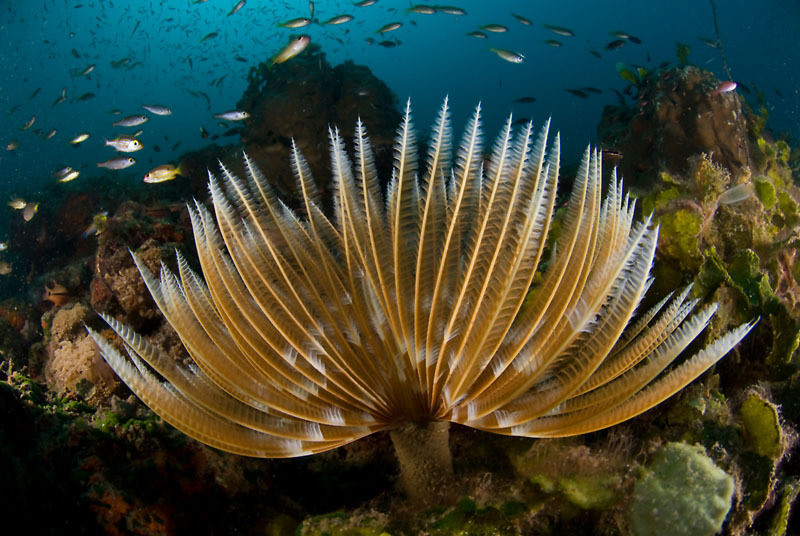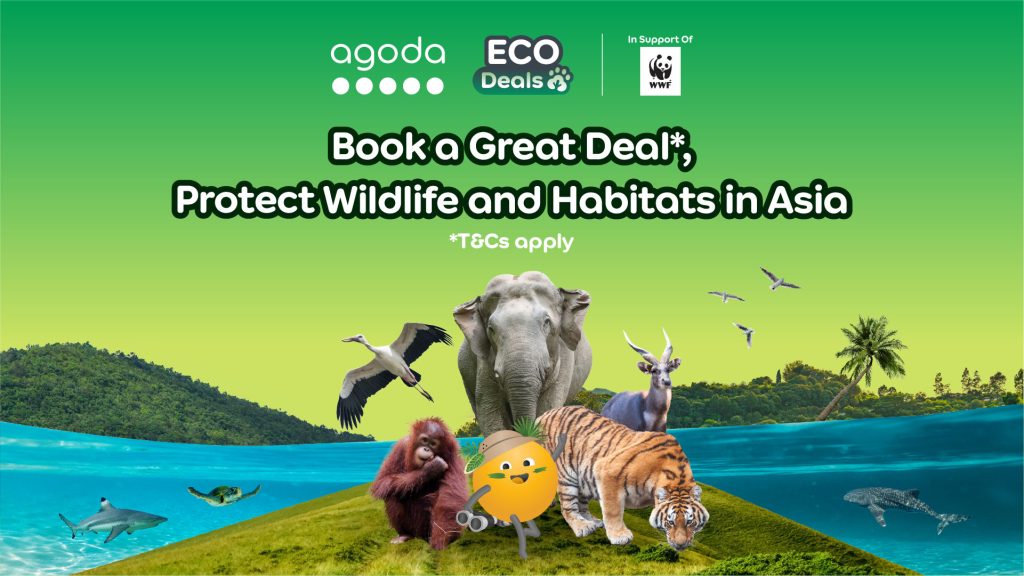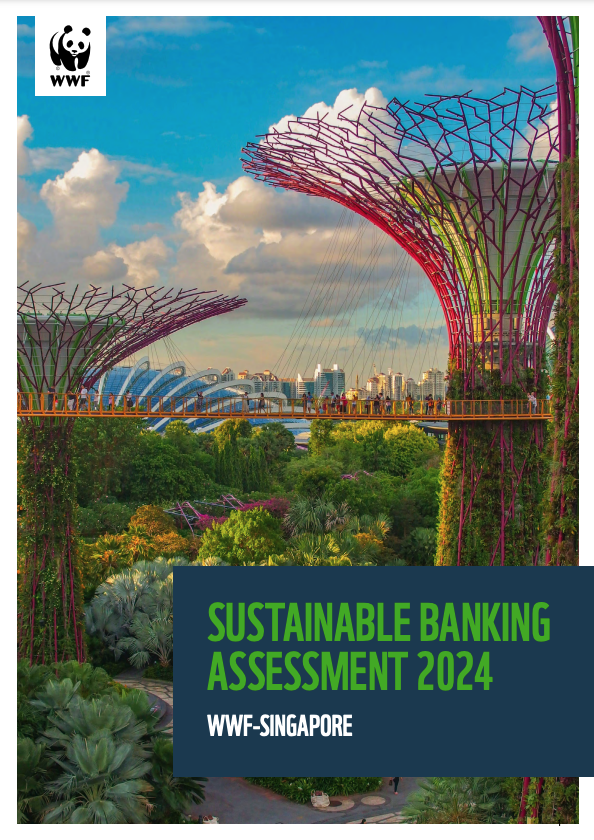Mapping the future of the world’s richest marine hotspot
It’s half the size of the USA. More than 120 million people depend on it for food and livelihood. And the range of species found there – from tiny corals to gigantic blue whales – is mind-boggling.
You might not have heard of the Coral Triangle before – a 6 million sq km area of water off the coast of Asia and the Pacific. But there’s a good chance the tuna in your salad or sandwich came from there.
The Coral Triangle is the “nursery of the seas” – a giant spawning ground for some of the world’s most commercially valuable species, including tuna and much sought-after reef fish.
It’s home to three-quarters of the world’s reef-building corals, over a third of coral reef fish species and six of the seven species of marine turtle. Nowhere on Earth can match it – and we can’t do without it.
That’s why conserving the Coral Triangle is one of our top priorities.
What’s at stake?
The Coral Triangle is under severe threat.
Warming oceans and pollution are destroying its coral reefs – vital habitats for marine life.
More than two million fishermen work in the Coral Triangle, but overfishing and destructive fishing practices are seriously depleting fish stocks.
Reef fish gather in large “spawning aggregations” to reproduce, but four-fifths of these are in decline or have stopped forming at all.
It’s the centre of the global tuna industry. Coral Triangle countries landed more than 1.2 million tonnes of tuna from the Pacific and Indian Oceans in 2009 alone. This is an unsustainable catch, and if it’s not curbed, the whole multi-billion dollar industry may collapse.
The story so far
Protecting the Coral Triangle is absolutely vital if we want marine species – and the people who depend on them – to recover and thrive.
In 2009, we made a big step forward. We were part of a successful international campaign for a marine conservation strategy – the most comprehensive in the world – to protect the region.
In a groundbreaking show of conservation cooperation, heads of state from Indonesia, Malaysia, Papua New Guinea, the Philippines, Solomon Islands and Timor-Leste signed on to the Coral Triangle Initiative on Coral Reefs, Fisheries and Food Security . It’s a far-reaching commitment to conserve coral reefs, stop the decline of sea turtles and other endangered species, and transform fishing practices. Hundreds of millions of dollars of international aid are being channelled to support the initiative.
Did you know?
The 1997-98 El Niño weather event was a catastrophe for the Coral Triangle. In Southeast Asia, an estimated 18% of the region’s coral reefs were damaged or destroyed due to “coral bleaching”, which happens when oceans get too warm. But another effect of climate change – the acidification of the oceans – could be even more devastating, as this prevents coral formation.
Facts and stats
- 120 million – people who depend on the Coral Triangle for food and livelihood.
- 6m sq km – approximate area of the Coral Triangle, about half the size of the United States.
- 605 – species of coral found in the region, three-quarters of the world’s total.
- 2,228 – coral reef fish species found within the Coral Triangle
- US$1.6 billion – annual economic benefits of coral reefs in Indonesia alone.
What next?
Governments in the region have given their backing to conserve the Coral Triangle’s natural riches.
Now we’re working with fishing communities, businesses, distributors, retailers and consumers to promote sustainable development – from a responsible tuna and reef fish industry to marine protected areas.
One major step will be Marine Stewardship Council (MSC) certification of a healthy, sustainably managed skipjack tuna fishery in the western Pacific, including Papua New Guinea and the Solomon Islands in the Coral Triangle region.
This would bring 15% of the world’s canned tuna under certification, helping guarantee the fishery’s future, and providing more tuna you can buy with confidence.
We’re also campaigning for local and international action against climate change, with strong support from Coral Triangle governments.
What you can do
- From choosing to buy sustainably sourced fish to diving responsibly, there’s plenty you can do to help keep this centre of marine life alive.
- Find out more
***************************************
Join the myWWF Action Center
Be part of a global community of activists ready to take simple online actions that can help save wildlife and people. Sign up today!
***************************************















